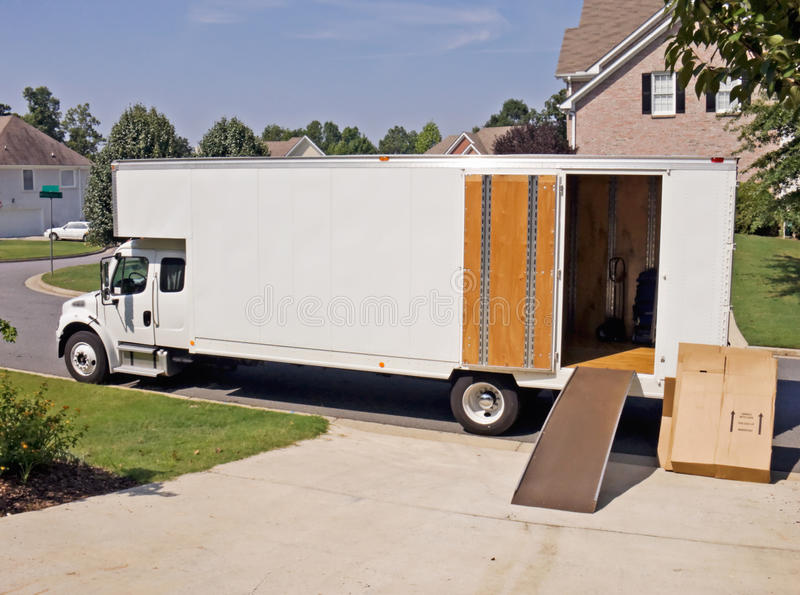There are many things to consider about where you should live when you retire.
Some of the more common reasons for moving include:
- Finding a place that is a better size and shape for you.
- Choosing a different type of place, e.g. rental, townhouse, condominium, etc.
- Tapping into the equity in your home. You can do this by moving to a smaller home or rental and using the difference in price for other purposes.
- Living in a more desirable climate.
- Moving closer to people or places that are important for you.
- Moving after retiring – because you now can. When your job ends, you no longer must live within commuting distance from your workplace.
Moving is always a challenge in time, money, energy, and decision-making. If you’re lacking the time, energy or will to do the move yourself, there are professionals who can help you in a variety of ways.
Movers will transport your possessions. Organizers can help you decide what to take, give away or sell and help you do it. They can show you how to reconfigure your possessions in a new place. If you want to do some of the work yourself, you can negotiate with them as to who will do each of the tasks.
If you are over 55 and moving, you might consider moving to a senior community, sometimes called independent living. Some are rentals; some you buy and own.
The motivation for moving to a senior community is that it will provide a mix of services (that you pay for) that can include home and yard care, cleaning and laundry, a place to exercise, a mix of activities and even special interest clubs. Units are generally on one level so that you do not have to negotiate stairs. As a community it may contain other like-minded people.
If you are concerned about health needs—present and future, you can choose an independent living community that also has long-term-care capabilities available when needed. These can be some combination of assisted living, memory care, and nursing care.
If you live with a partner and one of you needs professional care beyond what you can and want to provide yourself, the two of you can live in different units very close to each other. When one of you dies, there is a community to support the survivor.
Starting to think about senior living early has its advantages. Here are some of my observations:
- It is unpredictable when you may need serious health care. For example, even one misstep can leave you injured or disabled and therefore needing care.
- If you have a life partner or a family living locally and you need healthcare, they may be able to provide some of it. If not, you may need professionals to help.
- The best senior communities, with or without healthcare capabilities, can have waiting lists that can last for years before you are next in line to move in. Getting on the list early is critical.
- If you move to a senior community that provides care, you will move either too early or too late. If you move too early, you unnecessarily and prematurely give up the pleasures of your current home. If you move too late, you may not have the mental or physical capabilities for a simple transition. Earlier is easier and better.
- If you have a pet that you want to bring, find out the community’s policy about pets.
What should you look for in a senior community besides the more obvious normal features in any housing (cost, location, size, etc.)? Here are a few factors:
- Services and programs offered – quantity, quality, and their match to your own vision of retirement.
- Viability of the community. Most are privately owned. Some are coops or run by a nonprofit. Some may need a lot of fixups and some not and this could affect future rents or fees.
- Age of the place. If people move in and stay the rest of their lives, the average age of residents moves up each year in a phenomenon called “aging in place.” Depending on the type of care facilities available, people will move in primarily when they are in their 60’s, 70’s, or 80’s. If you want to live in a community where people are of an age and life circumstances like your own, this can matter.
Each place is unique. Do your research, including talking to residents, before making a move.

